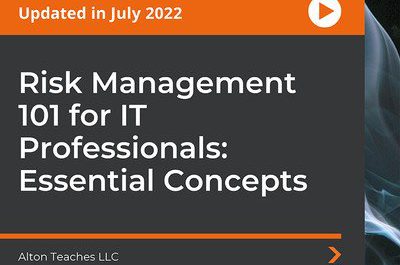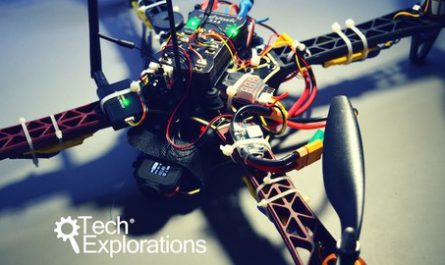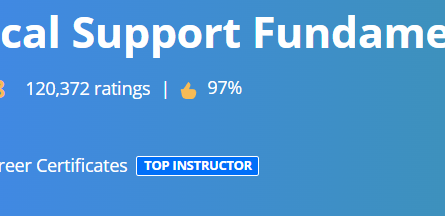
Description
Robotic process automation (RPA) and robotic desktop automation (RDA) are hot topics in IT right now. The latest stage in the evolution of business process automation, RPA tools provide the ability to create artificial workers to handle repetitive or mundane tasks, which can in turn lead to dramatic cost savings. The demand for content related to RPA is surging, mainly because tactical guides currently do not exist. This field of software is maturing at a rapid pace and is being commoditized to the point where software bots work alongside humans for specific functions within an organization. In Robotic Process Automation LiveLessons Mike Ogrinz and John Checco demonstrate the significant benefits involved in this red-hot topic and how to get the most out of your automation platforms.
Within this growing field are some non-obvious drawbacks and pitfalls. Fragile automations can lead to production failures. Unmonitored usage can have undesirable, out-of-control side effects. And lack of oversight and control can create brittle interdependencies that stifle innovation and create governance challenges. This introductory LiveLessons video covers the basics as well as the gotchas.
About the Instructors
Michael Ogrinz leads a research and innovation team at one of the worlds largest financial institutions. He first became involved with RPA technology in 2008 and went on to author Mashup Patterns, a groundbreaking book for Addison-Wesley in 2009. He has written and presented numerous talks on RPA and RDA. In his personal life, Michael builds robots (the other kind), restores classic pinball and arcade machines, and is a competitive inventor (and winner of Season 2 of the Qualcomm Invent-off series.)
John C. Checco is President Emeritus for the New York Metro InfraGard Members Alliance as well as an information security professional, providing subject-matter expertise across various industries. John has been an active contributor to the Strategic Advisory & Content Committee of the WSTA (Wall Street Technology Association) since 1997, a member of InfraGards NY Metro Chapter since 2003, a member in several other security organizations (ASIS, ISSA and OWASP), and was co-founder and, since 2014, was chair for the NY Metro Joint Cyber Security Conference & Workshop series.
Skill Level
- Beginning to Intermediate
What You Will Learn
- Learn about all the potential benefits of Robotic Process Automation (RPA):
- Ease-of-use, allowing normally non-technical end users to create their own automations
- Allows developers to crack open previously closed environments and impose their own custom APIs
- Machine Learning capabilities allow tools to go beyond simply user mimicry
Who Should Take This Course
- IT professionals/practitioners who want to
- Research RPA tools that youre considering adopting and separate the hype from the facts
- Understand the various ways RPA technology can be applied to save time and money
- Make sure the RPA products already in place internally are effectively governed to avoid negative consequences
- Hear seasoned RPA practitioners give practical answers to pointed questions
Course Prerequisites
This course assumes basic familiarity with software-development practices, including the concepts of testing, reliability, and scalability.
Table of Contents
Introduction
Lesson 1: Reviewing the History of Robotics
Lesson 2: Learning About Patterns and Anti-Patterns
Lesson 3: Understanding Governance and Controls
Lesson 4: Demo-ing RPAs
Lesson 5: Looking into the Present and Future of RPA
Published February 5, 2020
Download Links
Direct Download
Robotic Process Automation: The Promise, the Patterns, and the Pitfalls.zip (8.3 GB)
Torrent Download
Robotic Process Automation: The Promise, the Patterns, and the Pitfalls.torrent (181 KB) | Mirror


